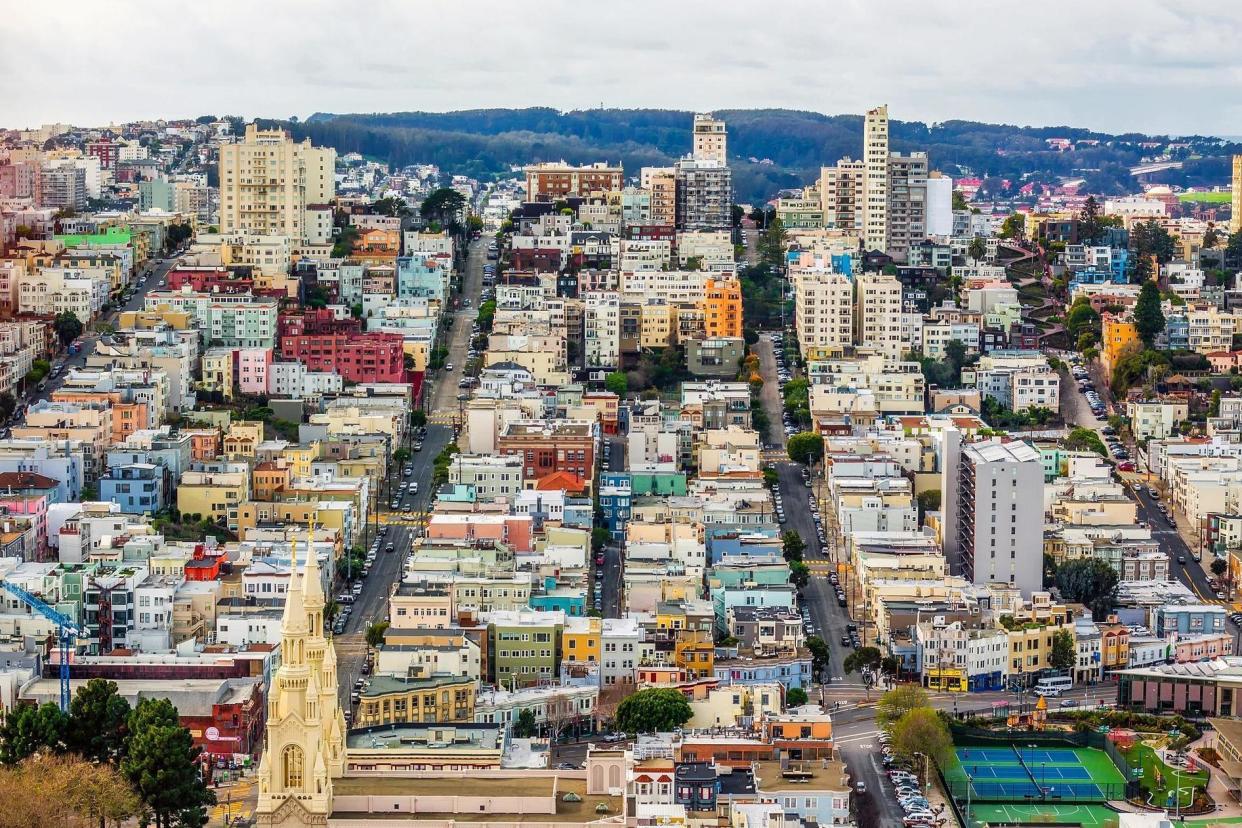San Francisco becomes largest US city to ban sale of fur

San Francisco has become the largest US city to ban the sale the fur.
Officials voted unanimously to approve the prohibition on Tuesday, which will come into effect on January 1.
The ban applies to clothing and accessories featuring real fur, including coats, key chains and gloves. An amendment added on Tuesday allows furriers and other retailers to sell current stock until January 1, 2020.
Animal welfare campaigners around the world hailed news of the vote, applauding the city for its compassion and hoping that the legislation will catch on.
Wayne Hsiung, co-founder of animal rights network Direct Action Everywhere, said in a statement that "this historic act will usher in a new wave of animal rights legislation across the globe."
Retailers in San Francisco, however, who said it came at the cost of their ability to make a living.
"It should be a citywide public vote, it shouldn't be decided by the Board of Supervisors," said Skip Pas, chief executive officer of West Coast Leather, which sells fur-trimmed items but deals largely in leather.
San Francisco, named for the patron saint of animals, has a reputation for a strong social conscience, often at a cost to businesses.
About 50 clothing and accessory retailers downtown will be affected by the legislation, said Jim Lazarus, senior vice president of public policy at the San Francisco Chamber of Commerce.
Reselling vintage and used fur by outlets not usually in the business of trading fur, such as secondhand stores, pawn shops and nonprofits, will still be allowed.
The chamber estimates San Francisco fur sales account for at least $40 million a year. The city's Office of Economic Analysis estimated fur sales at $11 million in 2012, based on census figures.
The city says even if sales numbers are much higher than its estimate a prohibition is unlikely to significantly harm the overall local economy.

 Yahoo News
Yahoo News 
